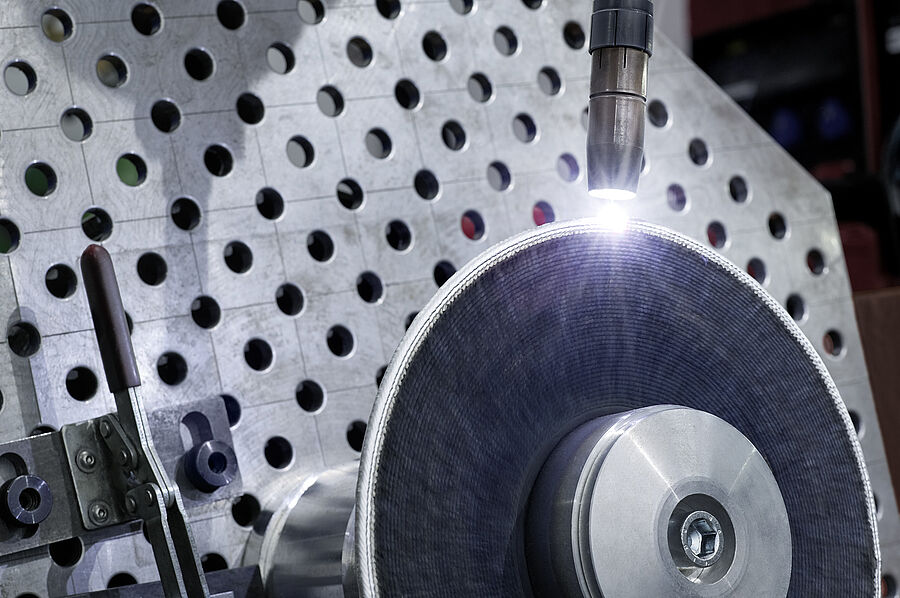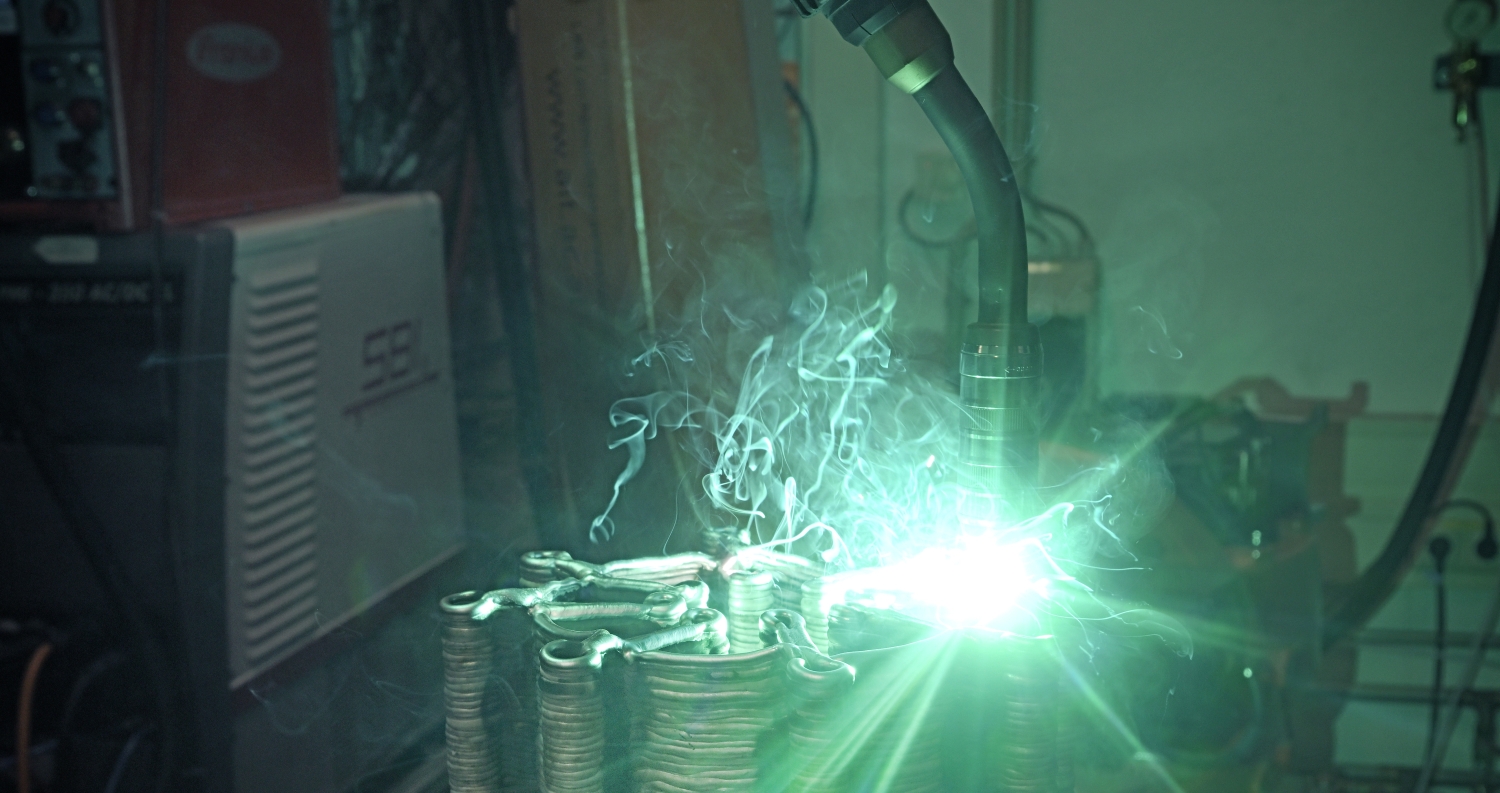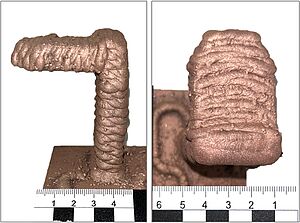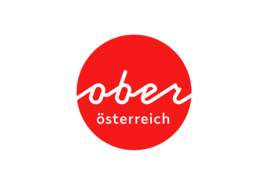Development of a high-performance process for the additive manufacturing of large vehicle components
The GEPROBA research project (Increased productivity through optimized torch technology and additional wires for waDED) led by the LKR Leichtmetallkompetenzzentrum Ranshofen of the AIT Austrian Institute of Technology is taking additive manufacturing a decisive step forward. The aim is to make the Wire-arc Directed Energy Deposition (waDED) process more efficient and sustainable for the production of large and complex vehicle components. For the heavy vehicle industry in particular, this technology opens up new possibilities in the production of components made from aluminum, steel and copper.
waDED combines the flexibility of additive manufacturing processes with the accessibility of proven industrial technologies. The use of standardized welding sources and industrial robots enables easy implementation in existing production environments. However, GEPROBA is going one step further: by developing new high-performance torches, adapted power sources and innovative special wires, the material build-up rates are to be increased to up to 15 kg/h for aluminum and 20 kg/h for steel and copper. This is an important step towards making the production of large components more efficient and economical.
In the project, the optimized process is being tested on components for truck trailers, electric motors and battery systems. The design phase ensures that these components can be manufactured in a process-oriented and topology-optimized manner. This enables the production of complex geometries that are almost impossible to achieve using conventional processes such as casting or milling. In addition, a new workflow for waDED-specific topology optimizations is being developed to support the resource-saving production of the future. Hybrid manufacturing approaches such as casting combined with waDED open up additional potential.
In addition to the further development of process technology, the focus is also on sustainability. A comprehensive Life Cycle Assessment (LCA) provides data on energy efficiency and the carbon footprint of the manufactured components – both during production and in the subsequent use phase. This enables a well-founded assessment of the ecological potential of waDED-manufactured components.
The LKR Leichtmetallkompetenzzentrum Ranshofen is contributing its extensive experience in material development and process optimization to GEPROBA. Complex demonstrators such as crash boxes and wheel rims have already been successfully manufactured in previous projects. With GEPROBA, this expertise is now being extended to other materials such as steel and copper, paving the way for broader industrial use.
LKR expert Mathias Silmbroth, who is leading the project, explains: “With GEPROBA, we are creating the basis for the industrial use of waDED technology, which not only enables higher productivity, but also greater sustainability in production. Our innovations open up new possibilities for manufacturing large vehicle components in an efficient, resource-saving and future-oriented manner.”
Funded by the state of Upper Austria via the “Future Mobility” call






